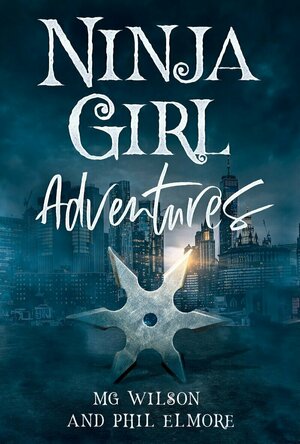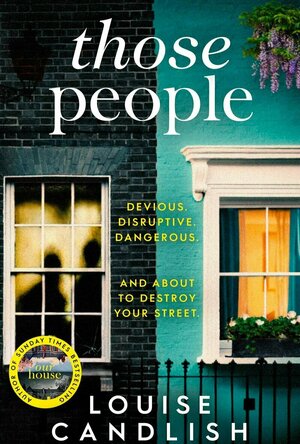Charlotte (184 KP) rated Ninja Girl Adventures (Ninja Girl Adventures #1) in Books
Feb 26, 2021
Moira, the middle sister, is pretty amazing. She holds her sisters together, deals with her own grief and takes her destiny in her stride.
As a start of a series I'm impressed. Ninja Girl Adventures has it all, danger, action, family, mystery.....the list goes on! Moira is a good, strong main character that is believable, down to earth and has you firmly on her side.
Through her experiences she is encouraged to believe in herself, use love, not fear to overcome obstacles and to relax so as to feel more in her ninja training and fights.
From the very first paragraph I was hooked, you get straight into the story with background information coming throughout rather than an avalanche straight away. The action is evenly spaced out so you don't go too long without the next thing to keep your interest, yet it isn't so full on that you feel the need to take a break from it.
All the way through I was thinking that something would happen and it did......at the very end, which leaves a nice stepping stone ready for the next installment.....which I can't wait for!
I'd recommend this as a young adult/adult read that is perfect to get your brain working a little and to keep you entertained, whether that be on a cold winter's day in front of the fire or out in the summer sun.
If I could give half scores I would but as I can't I'm going to round this up.....
Bong Mines Entertainment (15 KP) rated I'll Find You in Dreams - Single by Tiphanie Doucet in Music
Jun 26, 2019
“Head down can’t keep from falling over. Eyes blurred with grief, we’ve grown like the trees, now slowly older, and I’ll never be your island king. The city sings her song to me. The only soul alone on these tangled streets.” – lyrics
‘I’ll Find You in Dreams’ tells an emotional tale of an individual who yearns for something or someone who seems completely out of reach.
The likable tune contains a dreamy storyline, heartfelt vocals, and emotional instrumentation flavored with great piano lines, evocative synths, and nostalgic elements.
The Racer consists of Pete Marotta (vocals, keys), Mike Esserman (guitar, keys), Eric Sosler (bass, keys, sax).
One day, while looking for artists in New Jersey to be on a show they were organizing, they came across Tiphanie Doucet’s music and loved it.
Shortly afterward, they performed live with Doucet at their show. Later, while hanging out, they asked her to sing on their “I’ll Find You in Dreams” single.
At the age of 15, Tiphanie Doucet starred in the film Le bébé d’Elsa, and later in the Glee-like TV series Chante!
Those exposures increased her popularity in France, where she grew up studying ballet and harp. After her career in TV ended, she made her way to America for a fresh start.
Since then, she’s been writing songs and testing them out on street corners, cruises, and cafés throughout New York and Jersey City.
Kristy H (1252 KP) rated Those People in Books
Sep 13, 2019
The book makes some good points about social class, but it does it all so slowly. There are a few twists, yes, but they don't come often enough, and I had a decent idea about a few of them. Maybe the drawn out element was meant to mimic the neighbor's "agony," but good grief. The book is told via police reports and narratives. We learn early on there was an incident in the neighborhood, but don't know what happened or who was involved. I was definitely interested in knowing what went on, which is why I kept plugging away. It's pretty clear early on that nearly everyone has a reason to harm everyone else; kind of makes me glad for my eight acres.
So, overall, while curiosity kept me reading on this one, and I enjoyed a few of the twists, it was definitely a slow read filled with a lot of annoying characters. Maybe if I'm brave enough to pick up OUR HOUSE, it will be more my jam. 2.5+ stars.

We Shall Not All Sleep
Book
Seven Island has two houses. One for Hillsingers and one for Quicks. 1964. The Hillsingers and...
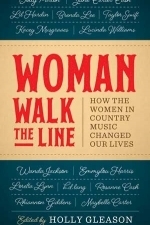
Woman Walk the Line: How the Women in Country Music Changed Our Lives
Book
Full-tilt, hardcore, down-home, and groundbreaking, the women of country music speak volumes with...
Music Essays
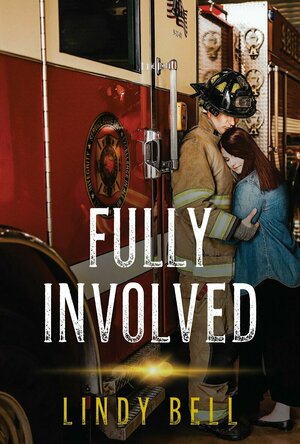
Fully Involved
Book
Katie Garrett is madly in love with her dashing firefighter husband, Andy. When he is diagnosed with...
Contemporary Romance

Crying in H Mart
Book
From the indie rockstar Japanese Breakfast, and author of the viral 2018 New Yorker piece that...
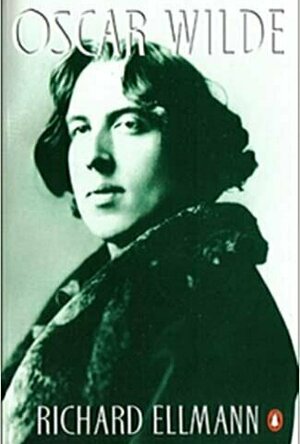
Oscar Wilde
Book
In this long-awaited bioraphy, Wilde the legendary Victorian - brilliant writer and...
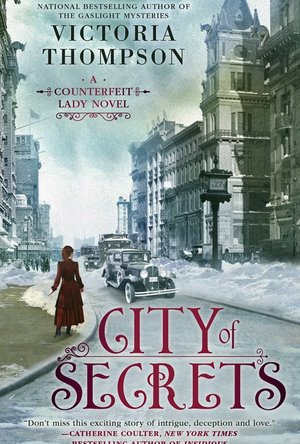
City of Secrets
Book
Elizabeth Miles knows that honesty is not always the best policy when it comes to finding justice. ...
We Are the Ants
Book
From the "author to watch" (Kirkus Reviews) of The Five Stages of Andrew Brawley comes an "equal...
